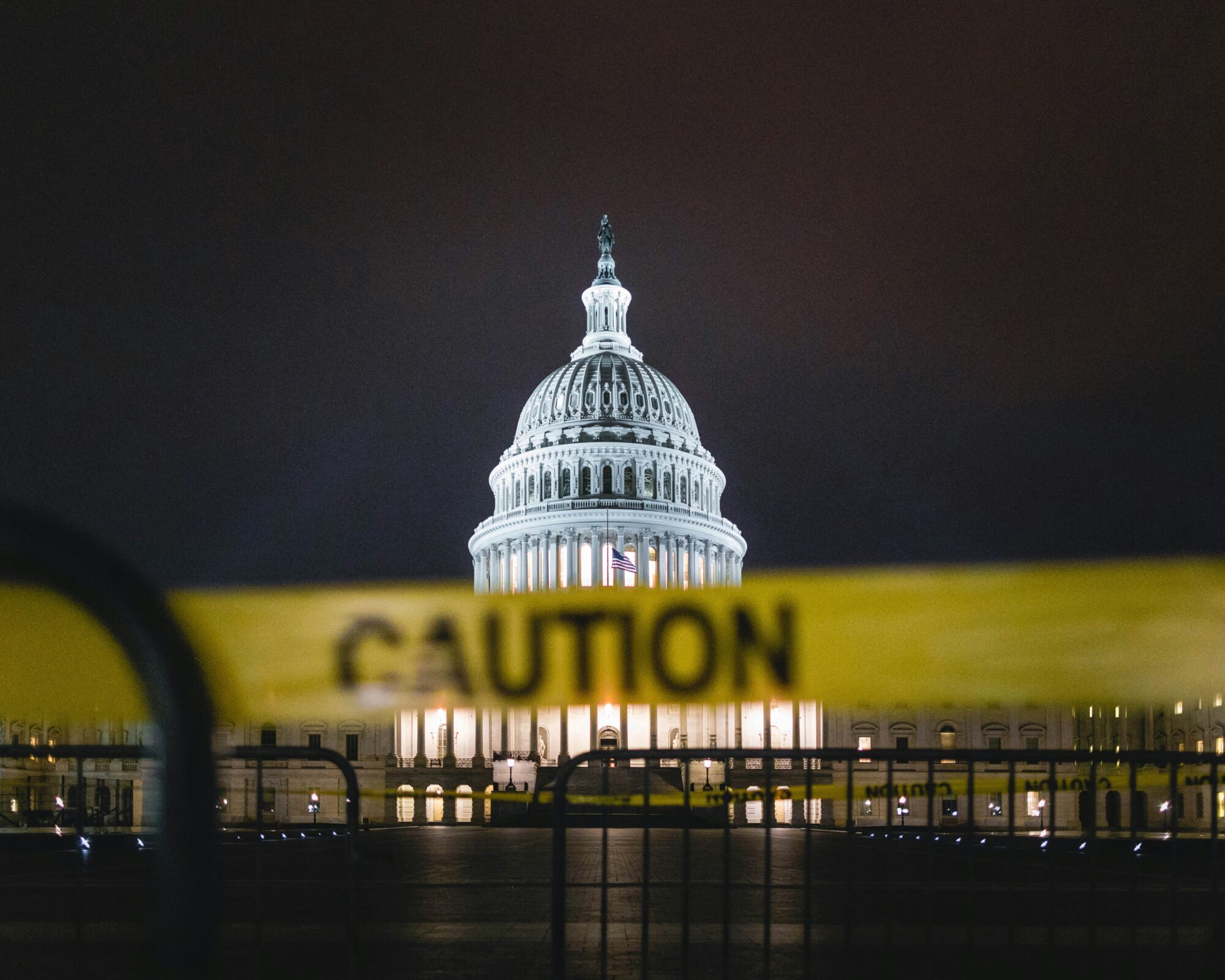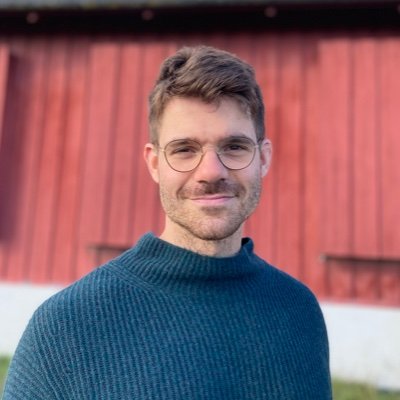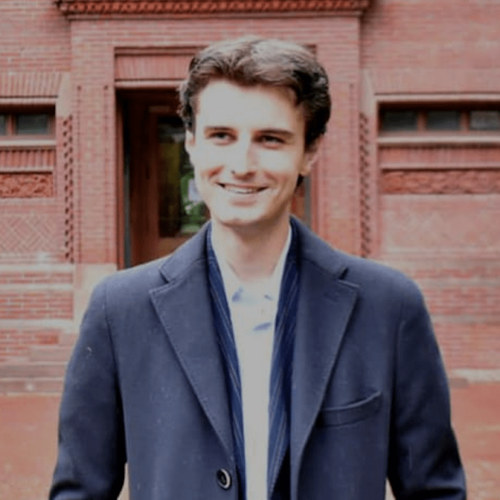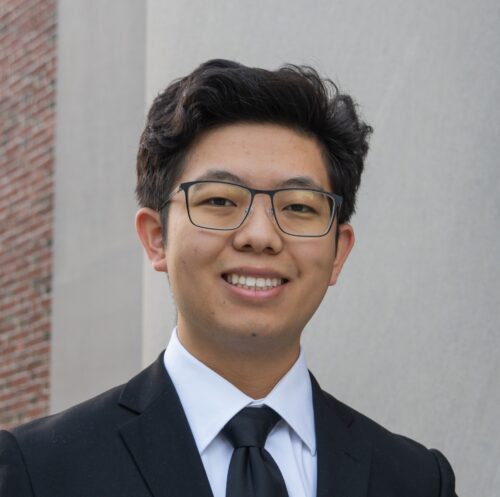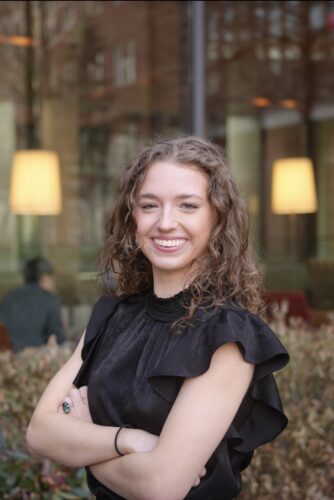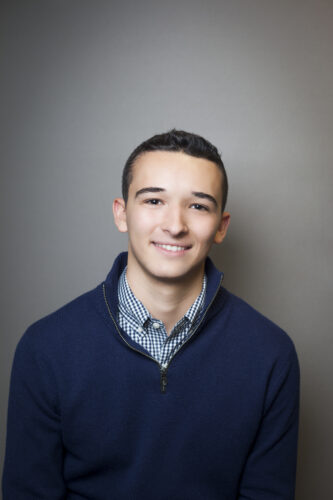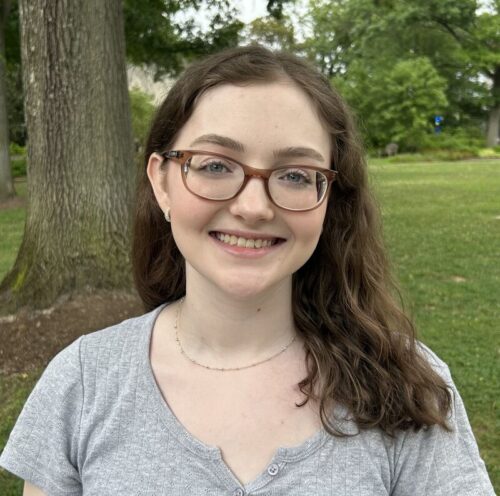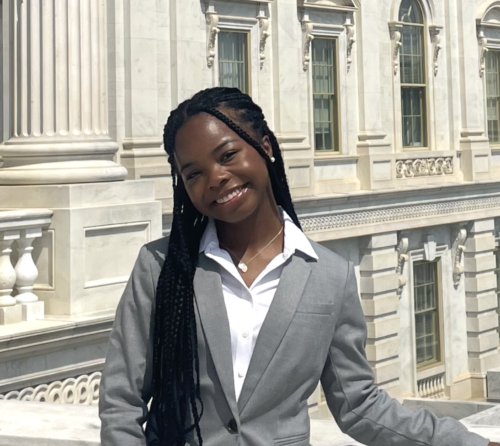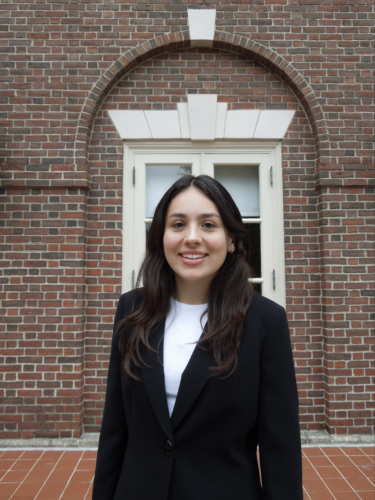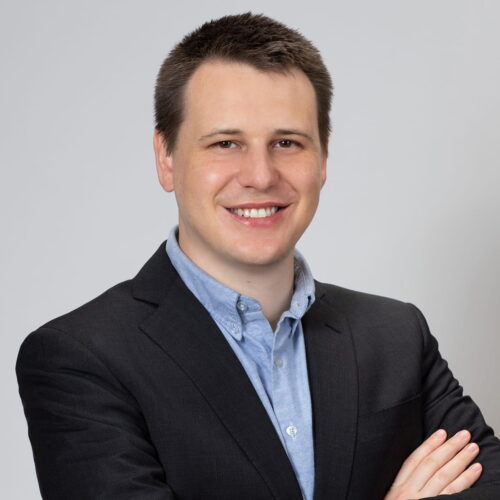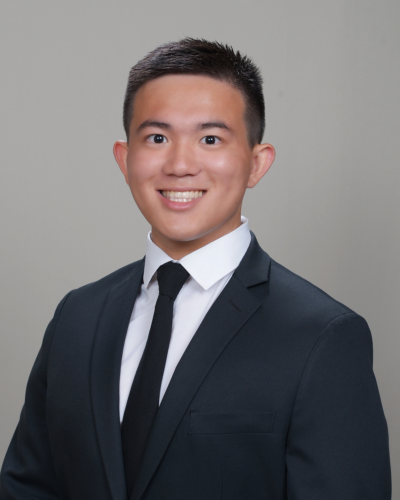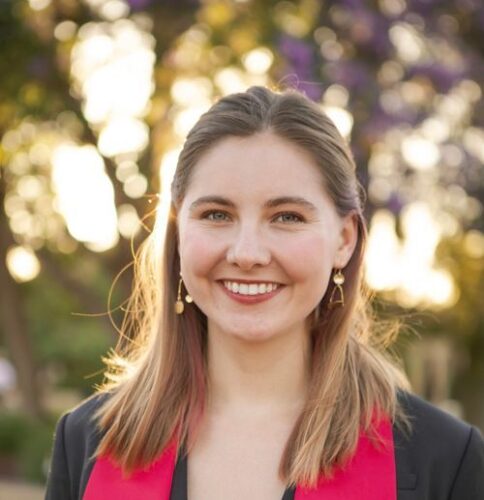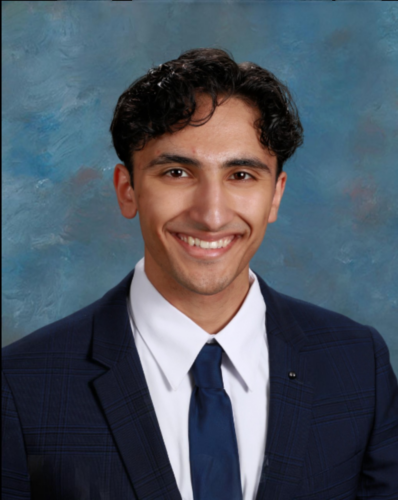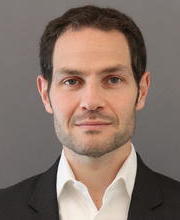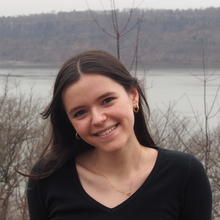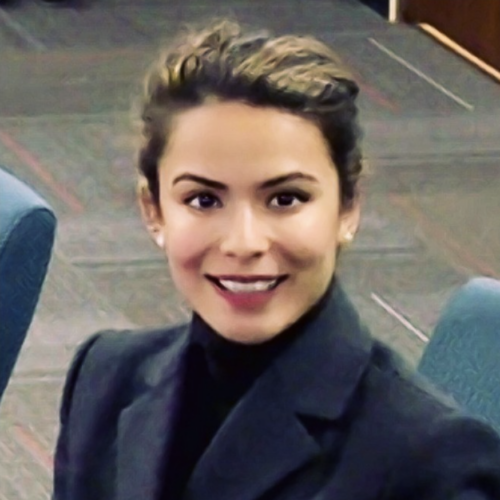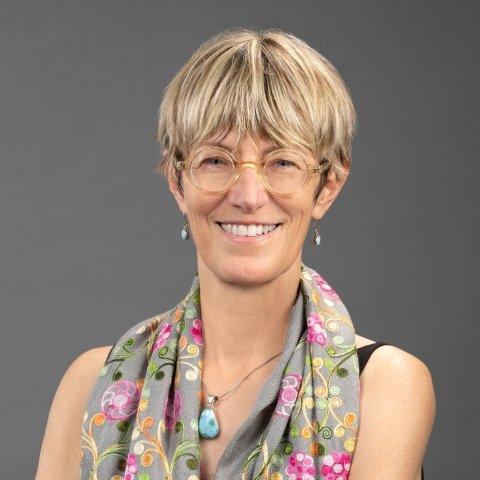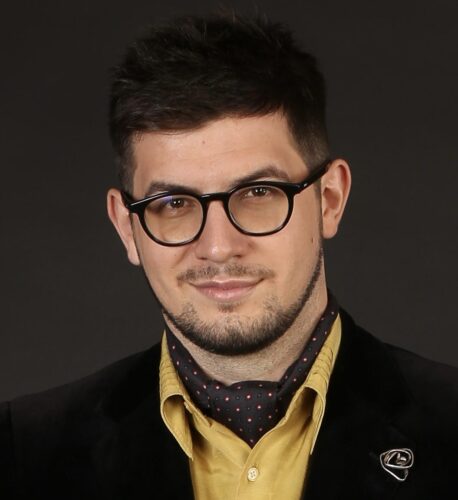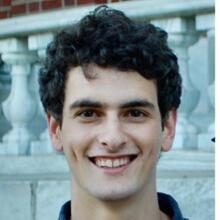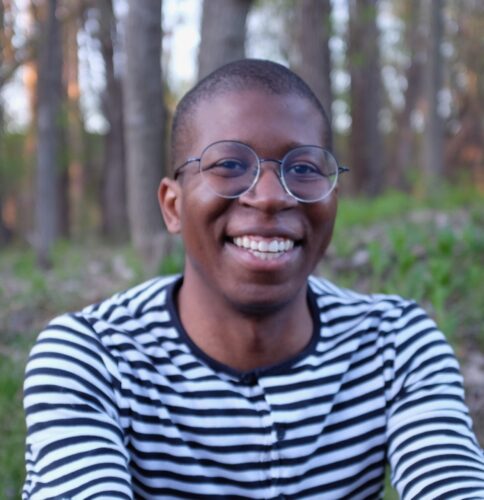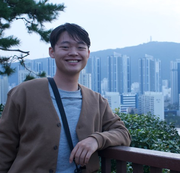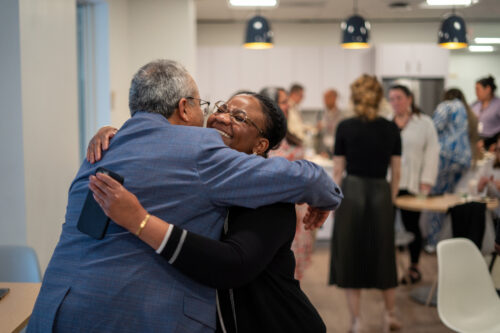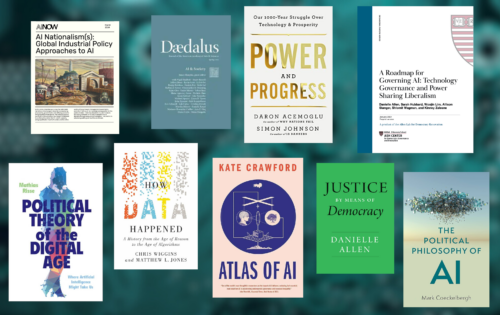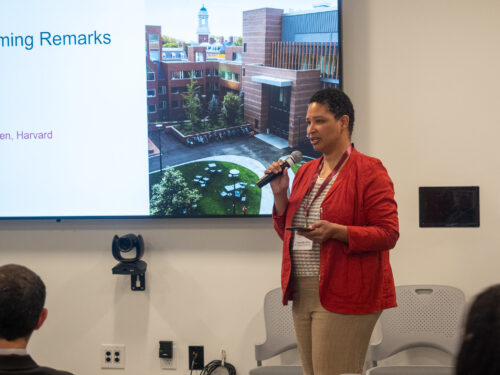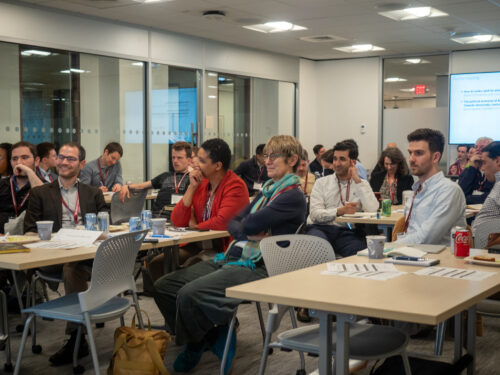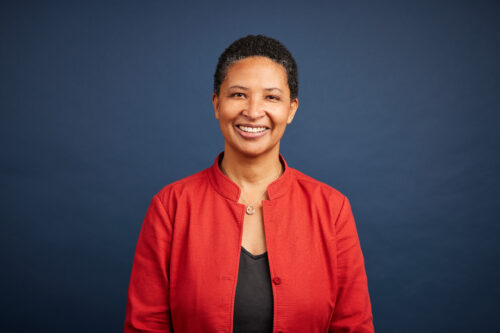
Danielle Allen
James Bryant Conant University Professor
Renovating our democratic institutions for the 21st century.
The Allen Lab for Democracy Renovation aims to reinforce democracy through strengthening institutions, building interpersonal and informational trust, and reducing hyper-partisan affective polarization with research and field-building. Our multidisciplinary community of scholars, practitioners, and partner organizations work together to shepherd concepts and reforms into practice — to translate research into impact. From community-led initiatives to national-level policies and structural reforms, the Allen Lab works to renovate American democracy.
Our Vision: Justice is achieved by means of democracy: through robust political equality, fully inclusive institutions, and broad avenues for participation and connectedness, all of which rest on and support the material and social bases for human flourishing.
Our Mission: The Allen Lab develops the policy innovations needed to achieve healthy democracy in the 21st century. Our applied research converts the theory of power sharing liberalism into reality. Healthy democracy in the 21st century must deliver responsive representation and effective decision-making for large, complex, digitally-powered societies with significant heterogeneity operating in a globalized economy.
The lab currently supports four key research workstreams:
Our work is carried out through the identification and development of exemplary policies that permit further testing and refinement of the power-sharing liberalism paradigm. The Lab is committed to supporting the development of emerging scholars and thought leaders, and our organizational structure reflects this commitment. Lab activities to support the development of emblematic policy solutions include team-based research collaborations (staffed by undergraduate and graduate level research assistants), independent Fellow-driven research, an active professional learning community, regular lab meetings and workshops, publications and special stakeholder convenings.
James Bryant Conant University Professor
PhD, Senior Lab Director
Associate Director for Technology & Democracy
PhD, UCSF College of Law
Doctoral Student, Harvard Government Department
Harvard College
Harvard College
Researcher, Harvard College
Researcher, Harvard College
Researcher, Harvard College
Doctoral Student, Harvard Government Department
Harvard College
Non-Resident Senior Fellow, Allen Lab for Democracy Renovation
July 2024-June 2026
Researcher, Harvard College
Doctoral Student, Harvard Government Department
Researcher, Harvard College
Researcher;
Doctoral Student, Harvard Government Department
Researcher, Harvard College
Senior Fellow, Allen Lab for Democracy Renovation
Researcher, Harvard College
Doctoral Student, Harvard Government Department
Senior Fellow, Allen Lab for Democracy Renovation;
Co-Director and Co-Investigator, GETTING-Plurality Research Network
Fulbright Doctoral Researcher, August 2024-May 2025
Researcher, Harvard College
Researcher, Harvard College
Principal Investigator;
Post-Doctoral Fellow, Columbia University
Researcher, Harvard College
Professor, Santa Fe Institute
Researcher;
Master in Urban Planning Candidate, Harvard Graduate School of Design
EthicAI and Former Visiting Fellow, Allen Lab for Democracy Renovation
Communications, Harvard College
In-Person Event
Ash Center Foyer, Suite 200, 124 Mount Auburn Street
4:00 pm – 6:00 pm EDT
Feature
This list, curated by the GETTING-Plurality Research Network at the Allen Lab for Democracy Renovation, highlights a mix of foundational texts and new thinking on the timely issue of how AI will impact democracy, especially as we head into election season.
Feature
Experts gathered at the Allen Lab conference to examine the incentives and structures of AI development, as well as to discuss the past, present, and potential future of steering AI towards better serving the public interest.
Feature
In new paper, Danielle Allen explores how higher ed can play a role in promoting the health of our democracy.
Feature
From misinformation to AI panic, experts joined the Allen Lab’s GETTING-Plurality event to discuss the threats the burgeoning technology poses to democracy.
Video
The GETTING-Plurality Research Network at the Ash Center’s Allen Lab and Connection Science at MIT Media Lab hosted a webinar event focused on “AI and the 2024 Elections”. In this session, we hear from Danielle Allen, Harvard University; Sandy Pentland, Massachusetts Institute of Technology; and Nate Persily, Stanford University. Each presenter gives a lightning talk, followed by audience Q&A.
Video
The Political Economy of AI Conference was convened by the GETTING-Plurality Research Network, a project of the Allen Lab for Democracy Renovation, housed at the Harvard Kennedy School’s Ash Center for Democratic Governance and Innovation.
Additional Resource
GETTING-Plurality Research Network members Allison Stanger and Woojin Lim, along with other authors, published “Terra Incognita: The Governance of Artificial Intelligence in Global Perspective” in the Annual Review of Political Science.
Commentary
Allen Lab Senior Fellow, Allison Stanger, provided testimony for The Subcommittee on Communications and Technology of the Committee on Energy and Commerce hearing on “Where Are We Now: Section 230 of the Communications Decency Act of 1996”.
Video
The GETTING-Plurality Research Network at the Ash Center’s Allen Lab and Connection Science at MIT Media Lab hosted a webinar event focused on “AI and the Future of Privacy”. In this session, we hear from Bruce Schneier, security technologist, and Faculty Affiliate at the Ash Center; Sarah Roth-Gaudette, Executive Director of Fight for the Future; and Tobin South, MIT Ph.D. Candidate and Fulbright Scholar. Each presenter gives a lightning talk, followed by audience Q&A.
Policy Brief
We face a fundamental question: is the very pursuit of Artificial General Intelligence (AGI) the kind of aim democracies should allow?
Additional Resource
This essay was adopted from a presentation given by Aviv Ovadya at the Second Interdisciplinary Workshop on Reimagining Democracy held on the campus of Harvard Kennedy School in December 2023.
Commentary
Allen Lab Senior Fellow, Allison Stanger, and Jaron Lanier outline a world without Section 230.
Additional Resource
“The Real Dangers of Generative AI” by Danielle Allen and Glen Weyl was featured in the January 2024 Journal of Democracy.
Abstract: As perhaps the most consequential technology of our time, Generative Foundation Models (GFMs) present unprecedented challenges for democratic institutions. By allowing deception and de-contextualized information sharing at a previously unimaginable scale and pace, GFMs could undermine the foundations of democracy. At the same time, the investment scale required to develop the models and the race dynamics around that development threaten to enable concentrations of democratically unaccountable power (both public and private). This essay examines the twin threats of collapse and singularity occasioned by the rise of GFMs.
Occasional Paper
Video
The “Advancements in Global AI Policy” webinar featured the following speakers and topics:
